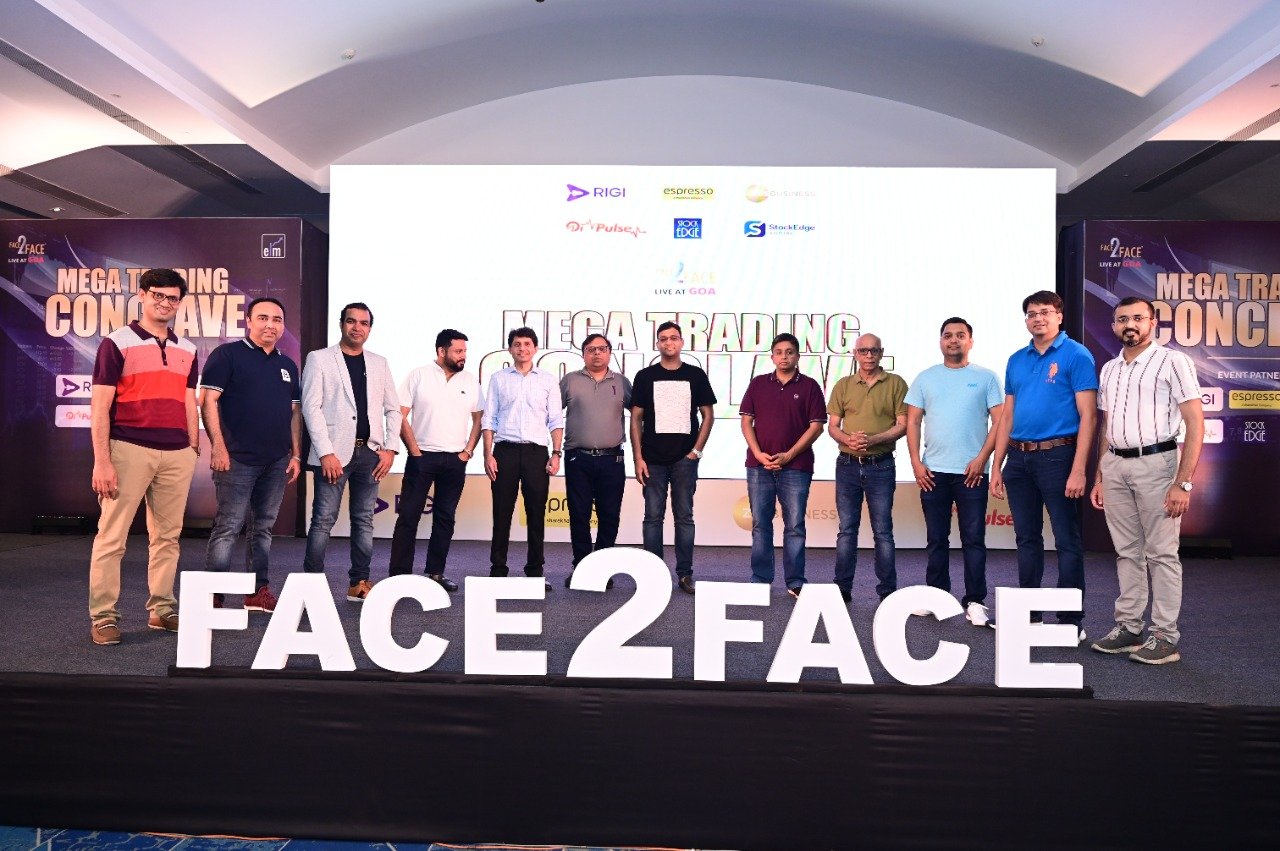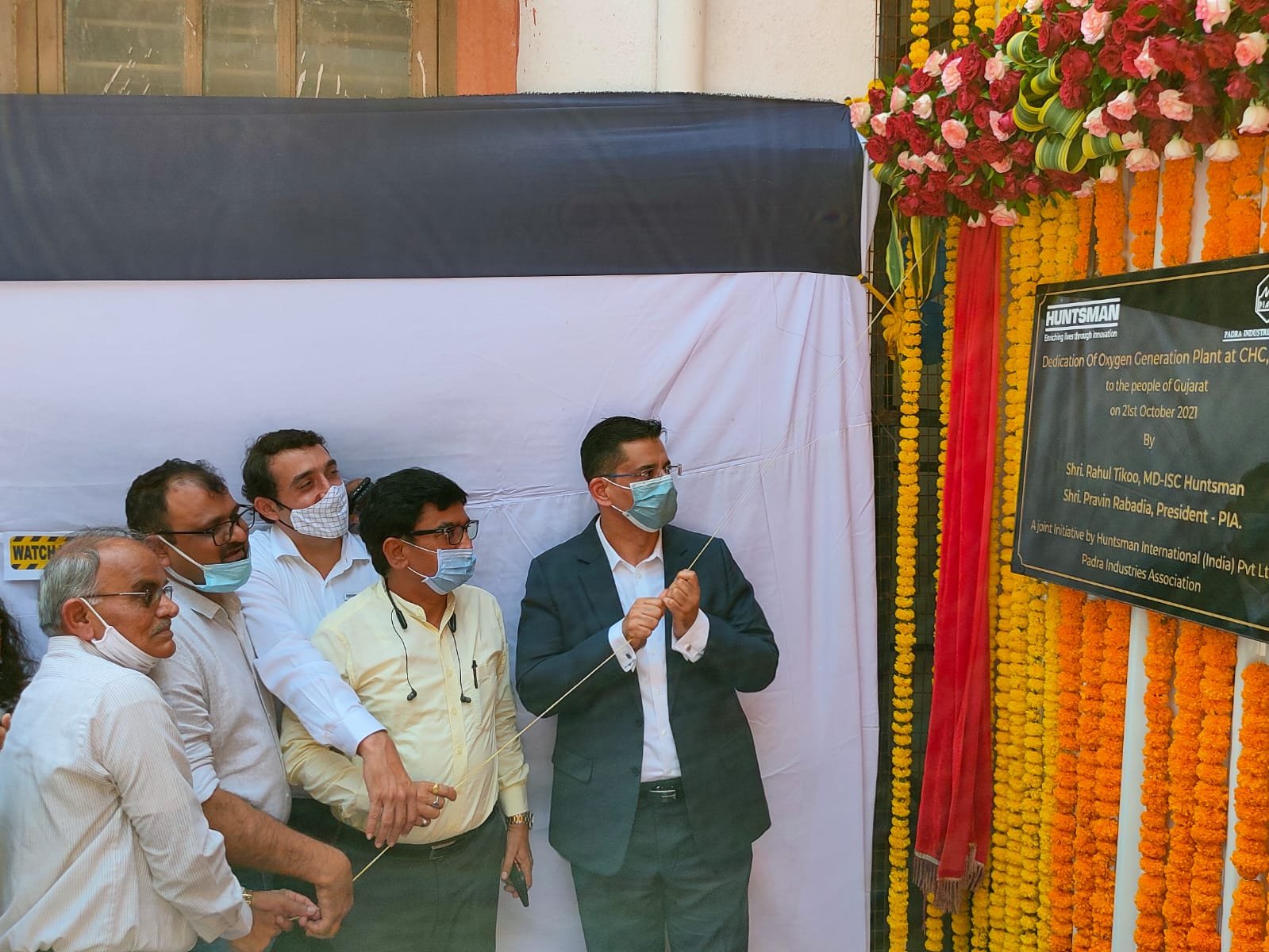Countries offering visas to Digital Nomads
The deadly virus has turned everyone into a Digital Nomad, even the unwilling and the reluctant. Taking cue from this virus-induced work-system, a few countries are offering Digital Nomad Visas to employees, freelancers and entrepreneurs.
Once upon a time, the world was cluttered with nomads – hunter-gatherers, pastoral nomads (owning livestock), and peripatetic nomads (tinkers or trader nomads). No fixed location. No permanent address. No technology. Much later, there sprung a tribe of digital nomads. In The History of Digital Nomadism, Daniel Schlagwein talks of how Digital Nomadism became recognised as a mainstream phenomenon in 2014–15 when dedicated online communities emerged (e.g., Nomad List), co-working spaces opened and conference series.
The deadly virus has turned everyone into a Digital Nomad, even the unwilling and the reluctant. Taking cue from this virus-induced work-system, a few countries are offering Digital Nomad Visas (DNV) to employees, freelancers and entrepreneurs. Not that the floodgates have opened and anyone can move anywhere. Strict terms and conditions apply.
Estonia: Estonia’s DNV allows remote workers to live in Estonia and legally work for their employer or their own company registered abroad. Applications opened on August 1, 2020, for the one-year visa. Currently, the monthly income threshold is $4,112 (gross of tax).
Estonia is also the first country to offer e-Residency, a government-issued digital identity and status that provides entrepreneurs with access to the country’s digital business environment. One can start a company 100 percent online from anywhere in the world and join the network of e-residents across 165+ countries.
Barbados: The new 12-Month Barbados Welcome Stamp, a visa that allows workers to relocate and work from one of the world’s most beloved tourism destinations. One can apply electronically and once approved, the Barbados 12-Month Welcome Stamp visa is valid for one year. Reapplication is permitted under the new system. The fee of $2,000 (Individual) and $3,000 (Family Bundle) has to be made within 28 days of approval of remote work stamp.
Website: https://www.barbadoswelcomestamp.bb/
Anguilla Island: This 35-square mile island, a British Overseas Territory in the Caribbean Island, is inviting workers from low-risk countries to apply for DNV, a visa that will permit applicants to spend between three months and a year in the country. The fee for digital work permit including two COVID-19 tests is $1,000 for individuals wishing to stay for three months and $2,000 for those staying between three months and a year. The Family Bundle (a family of 4) fee is $1,500 for under three months and $3,000 for those planning to be on the island between three and 12 months.
Website: https://ivisitanguilla.com/
Bermuda: Announcing the One Year Residential Certificate programme, Jason Hayward, Minister of Labour, said that the new policy will allow persons who are able to work remotely from Bermuda, such as Digital Nomads. Those with children will be permitted to enrol them in the island’s private or public schools. The cost of this certificate is $263; the minimum eligibility age is 18 years. “Additionally, the Ministry will also adjust its policy for visitors to the island by extending the maximum period a visitor may stay in Bermuda from 90 to 180 days,” the Minister said.
Website: https://www.gov.bm/articles/one-1-year-residency-certificate-policy
Georgia: Remotely from Georgia is a new state programme designed for digital nomads, freelancers, full-time employees or business owners to stay and work remotely from Georgia for 360 days. Foreigners from 95 countries will be allowed to apply for the programme if they intend to stay in Georgia for at least 180 days. The applicants must prove they have the financial ability to pay taxes while staying in Georgia and should have a minimum monthly salary of $2,000. Health insurance for the duration of the stay is also mandatory.
Website: www.stopcov.ge
Aruba: Open to only those holding valid US passports, One Happy Workation program permits workers to live and work in Aruba for a minimum of 1 week and a maximum of up to 90 days. Digital nomads will not be permitted to work for an Aruban company/individual without an additional work or business permit. Digital nomads will not pay income tax to the Aruban government. Aruba Visitors Insurance costs around USD 15 per person per day. To facilitate the stay of Digital Nomads, Aruba Tourism Authority has also tied up with third parties offering special rates at hotels/resorts with benefits such as free Wi-Fi, all-inclusive meals and other add-ons.
Website: https://www.aruba.com/us/organization/aruba-tourism-authority
Croatia: Though not open yet, Croatia is in the process of introducing a Digital Nomad Visa, which will allow internationals who are engaged in jobs independent of location and time, to work in Croatia. Announcing this on a micro-blogging site, Croatian Prime Minister Andrej Plenkovic said that Croatia would adjust the Aliens Act to legally regulate the stay of digital nomads.
By Preeti Verma Lal is a Goa-based freelance writer/photographer.











